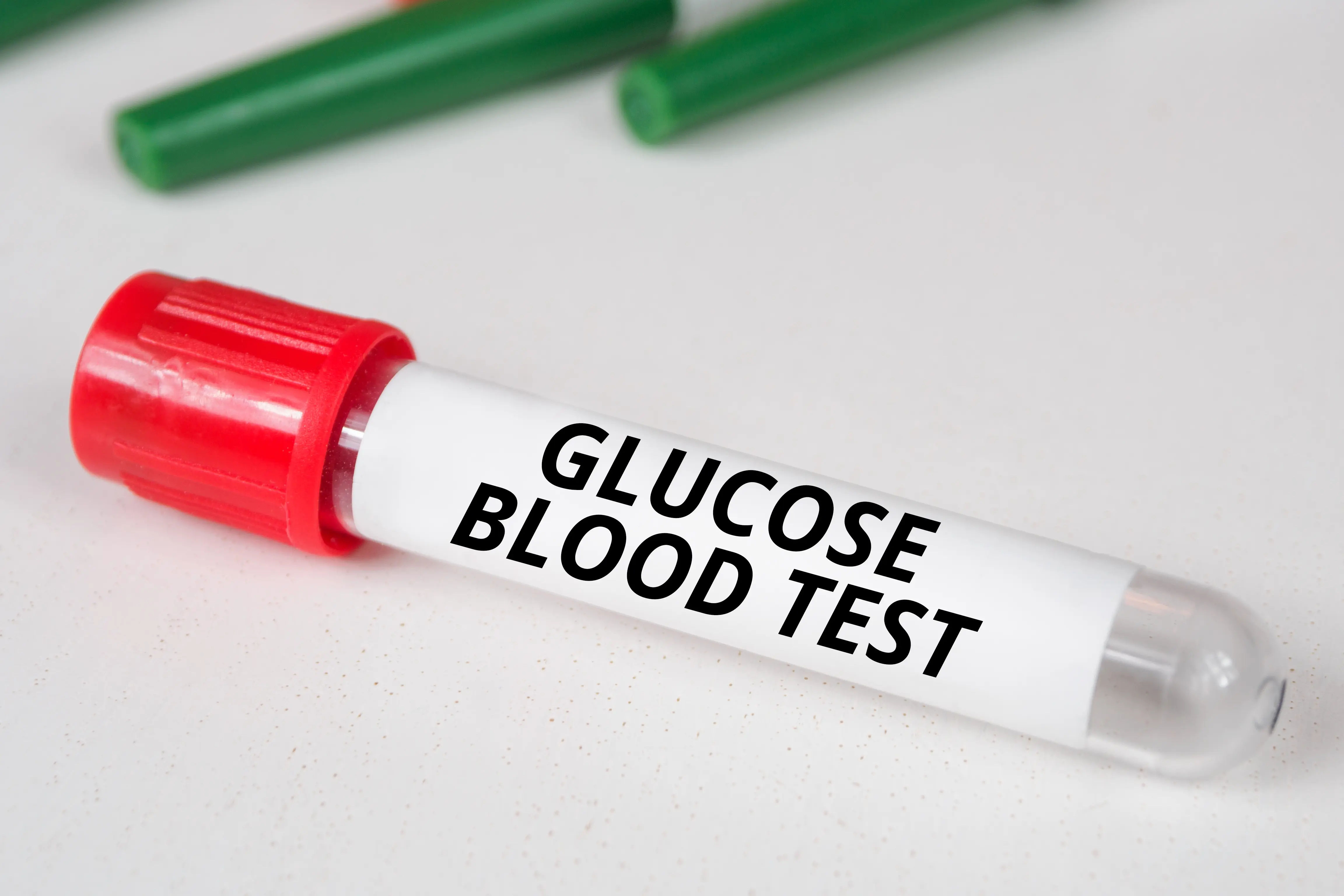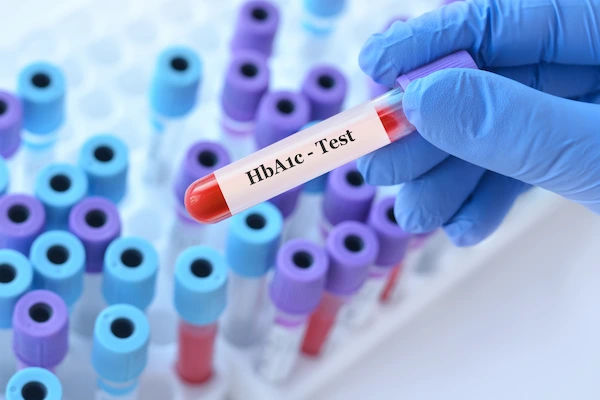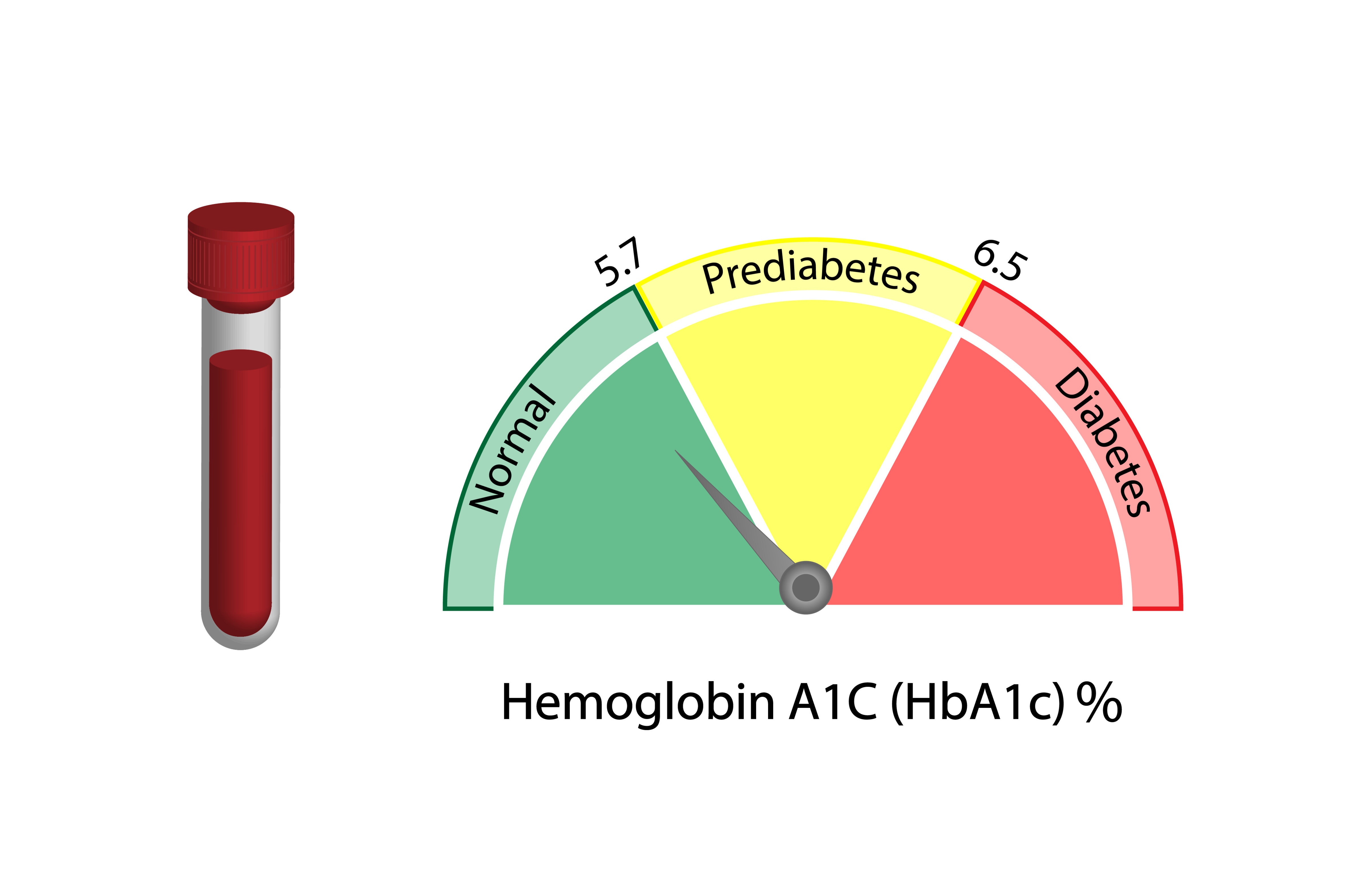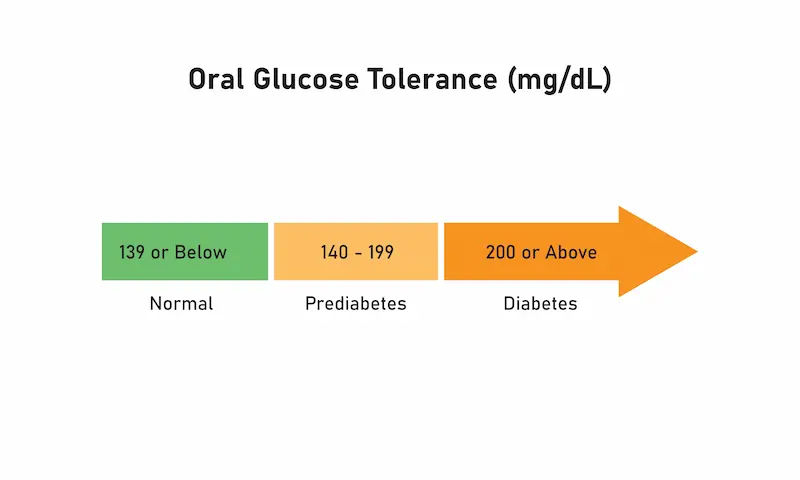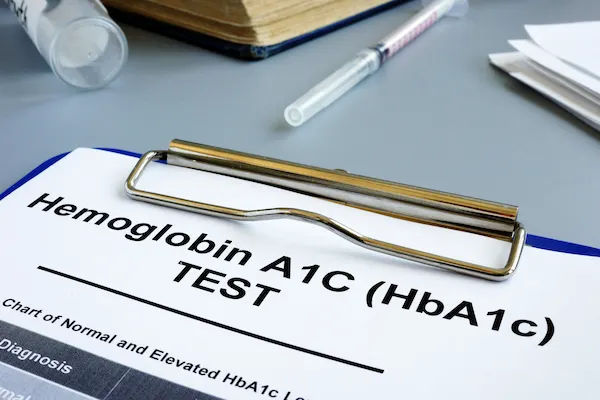Night Sweats That Won’t Quit? Get These Checkups
Persistent night sweats can signal underlying health issues. Discover the essential checkups and tests your doctor might recommend to find the cause and get relief.

Written by Dr. Dhankecha Mayank Dineshbhai
Reviewed by Dr. D Bhanu Prakash MBBS, AFIH, Advanced certificate in critical care medicine, Fellowship in critical care medicine
Last updated on 9th Sep, 2025

Waking up drenched in sweat, even when your room is cool and comfortable, may be more than just an inconvenience. Persistent night sweats can interrupt your sleep and leave you feeling drained or anxious about your health. For many, especially during recovery from illness or life changes, these episodes may point to an issue deeper than just your environment or daily habits.
While occasional sweating at night can be attributed to factors such as room temperature, spicy foods, or stress, frequent and unexplained night sweats may signal an underlying health concern. These may include infections, hormonal imbalances, or other medical conditions that require attention. Laboratory tests can play a key role in identifying the cause. This article will walk you through the most useful medical checkups for understanding why night sweats happen and what to do next for long-term relief.
Understanding Night Sweats: What's Happening While You Sleep?
Night sweats are episodes of excessive sweating during sleep, often to the point where your bedding or clothing becomes soaked, even when your sleeping environment is cool. They are different from just feeling warm at night; true night sweats involve intense perspiration not related to your room temperature.
Your body's internal thermostat, regulated by the brain, controls sweating. Many factors can interfere with this regulation, leading to night sweats.
Common non-serious causes of night sweats include:
- Bedroom Environment: A room that's too warm, too many blankets, or heavy nightwear.
- Anxiety and Stress: Emotional stress can trigger your body's "fight or flight" response, even during sleep.
- Certain Foods and Drinks: Spicy foods, caffeine, or alcohol consumed close to bedtime.
- Medications: Some antidepressants, blood pressure medications, and hormone therapies can cause night sweats as a side effect.
- Exercise Close to Bedtime: Raising your body temperature before sleep.
However, when night sweats are frequent, severe, accompanied by other concerning symptoms, or occur without an obvious trigger, they could indicate an underlying medical condition. These can range from infections and hormonal imbalances to less common but serious conditions. In such cases, specific diagnostic tests are crucial to identify the true cause.
When to Get Checkups for Night Sweats That Won’t Quit?
If your night sweats are more than an occasional annoyance, especially if they significantly disrupt your sleep, impact your daily life, or come with other concerning symptoms, it's important to talk to your doctor about getting checkups. Consider these tests if you experience:
- Persistent or Frequent Night Sweats: If they occur regularly (e.g., several nights a week) for an extended period, and are not resolved by adjusting your sleep environment.
- Soaking Sweats: If the sweating is so heavy that you need to change your clothes or bedding.
- Accompanied by Other Symptoms: If your night sweats come with:
Unexplained weight loss.
Fever, chills, or persistent cough.
New or worsening fatigue.
Enlarged lymph nodes (swollen glands) in your neck, armpits, or groin.
Persistent body aches or joint pain.
Changes in appetite.
Significant changes in mood or anxiety. - Recent Illness or Infection: If you are an adult recovering from an illness, and these sweats began or worsened afterwards.
- Impact on Daily Life: If the night sweats are causing significant sleep deprivation, leading to daytime fatigue, difficulty concentrating, or affecting your work and social life.
If any of these sound familiar, discussing a full lab work-up with your doctor can help pinpoint the exact underlying cause and lead to a more effective, personalised management plan for your health.
Key Lab Tests to Pinpoint the Cause of Your Night Sweats
When persistent or concerning night sweats are a problem, specific lab tests are crucial. They help your doctor investigate common underlying issues related to infections, inflammation, and hormonal imbalances. These tests offer vital clues to understand what's truly causing your discomfort.
Complete Blood Count (CBC)
- What it measures: A CBC is a fundamental blood test that provides detailed information about your red blood cells, white blood cells, and platelets.
- Why it's important: This test gives a broad overview of your body's health and can be an initial indicator of various underlying conditions.
- White Blood Cells (WBCs): Abnormally high or low WBC counts can signal an infection, inflammation, or certain blood disorders that might cause night sweats.
- Red Blood Cells (RBCs) and Haemoglobin: Low levels (anaemia) can lead to fatigue and weakness, which can sometimes accompany night sweats due to underlying illness.
- Platelets: Changes in platelet count can also sometimes indicate a broader systemic issue.
CRP (C-Reactive Protein)
- What it measures: CRP is a protein produced by your liver. Its levels in the blood rise when there is inflammation or infection anywhere in your body.
- Why it's important: Elevated CRP levels can indicate ongoing inflammation or an active infection (bacterial, viral, or fungal) that might be causing your night sweats. It's a general marker, but it tells your doctor if there's a significant inflammatory process at play, guiding further investigation.
Tests for Tuberculosis (TB)
1. What they measure: TB is a bacterial infection, most commonly affecting the lungs, but it can affect other parts of the body. It is a well-known cause of night sweats. Tests can include:
- TB Gold Quantiferon Test or T-SPOT.TB Test (Interferon-Gamma Release Assays, IGRAs): Blood tests that measure your immune response to TB bacteria. They are often used to screen for latent (inactive) or active TB infection.
- ESR (Erythrocyte Sedimentation Rate): While a general inflammation marker, very high ESR can sometimes suggest conditions like TB.
2. Why they're important: Given that TB is a recognised cause of persistent night sweats, especially if accompanied by other symptoms like persistent cough, unexplained weight loss, or fever, these tests are crucial for diagnosis.
Hormone Tests
- What they measure: These blood tests check the levels of various hormones in your body, as hormonal imbalances can frequently cause night sweats.
- Why they're important:
- Thyroid Function Tests (TSH, Free T3, Free T4): An overactive thyroid (hyperthyroidism) can significantly increase metabolism, leading to excessive sweating, heat intolerance, and night sweats.
- Sex Hormones (Estrogen, Testosterone): Hormonal fluctuations in women (e.g., during perimenopause, menopause, or pregnancy) and men (e.g., low testosterone) can trigger hot flashes and night sweats.
- Cortisol Levels: Imbalances in cortisol, your main stress hormone, can affect body temperature regulation and cause sweating.
Blood Glucose Levels (Fasting Glucose, HbA1c)
- What they measure: These tests assess your blood sugar levels.
- Why they're important: Low blood sugar (hypoglycemia), often seen in diabetics but can occur in others, can trigger a release of adrenaline, causing sweating, including night sweats. High blood sugar can also contribute to various systemic issues that impact body regulation.
The results from these specific lab tests, combined with your symptoms, medical history, and a thorough physical examination, will help your doctor accurately diagnose the underlying cause of your persistent night sweats. This detailed understanding allows them to create a targeted treatment plan designed to bring you lasting relief and improve your quality of life.
Get These Tests To Get A Yourself Checked up
Get Tested Easily with Apollo 24|7
When your doctor advises diagnostic tests to investigate the cause of your night sweats, selecting a dependable and accessible testing provider becomes essential. Apollo 24|7 offers a comprehensive selection of lab tests that can support accurate evaluation and timely diagnosis. With quick turnaround times and reliable results, you and your doctor can pinpoint potential underlying conditions and take the necessary steps toward effective treatment and lasting relief.
Here’s why choosing Apollo 24|7 for your night sweats investigations is a smart step:
- Comprehensive Test Panels: Apollo 24|7 provides access to a broad range of diagnostic tests relevant to night sweats, including comprehensive panels like the Infection Test Package, which covers Complete Blood Count (CBC), C-reactive Protein (CRP), Tuberculosis (TB) tests, and relevant Hormone Tests.
- NABL-Accredited Labs: Tests are conducted in high-quality labs certified by the National Accreditation Board for Testing and Calibration Laboratories (NABL), ensuring trusted accuracy and reliability for your results.
- Home Sample Collection: No need to travel; get blood samples collected conveniently from your home at a time that suits you, offering privacy and comfort.
- Easy Online Booking: Book your tests effortlessly through the user-friendly Apollo 24|7 app or website with just a few clicks.
- Fast Digital Reports: Receive secure, detailed reports swiftly online, delivered directly to your device, ready for your doctor to review.
- Trusted Brand: Benefit from the trusted expertise and healthcare legacy of Apollo Hospitals Group, one of India’s most respected medical networks.
Conclusion
Night sweats that persist over time may be more than a sleep disturbance; they can point to deeper health concerns such as infections, hormonal imbalances, or other underlying conditions. Ignoring them may delay the care your body needs.
Key diagnostic tests, including CBC, CRP, hormone evaluations, and TB screening, can help identify the source. Understanding what's behind your symptoms is the first step toward effective treatment, better sleep, and improved quality of life. If you're experiencing frequent night sweats, it's worth having a conversation with your doctor.




